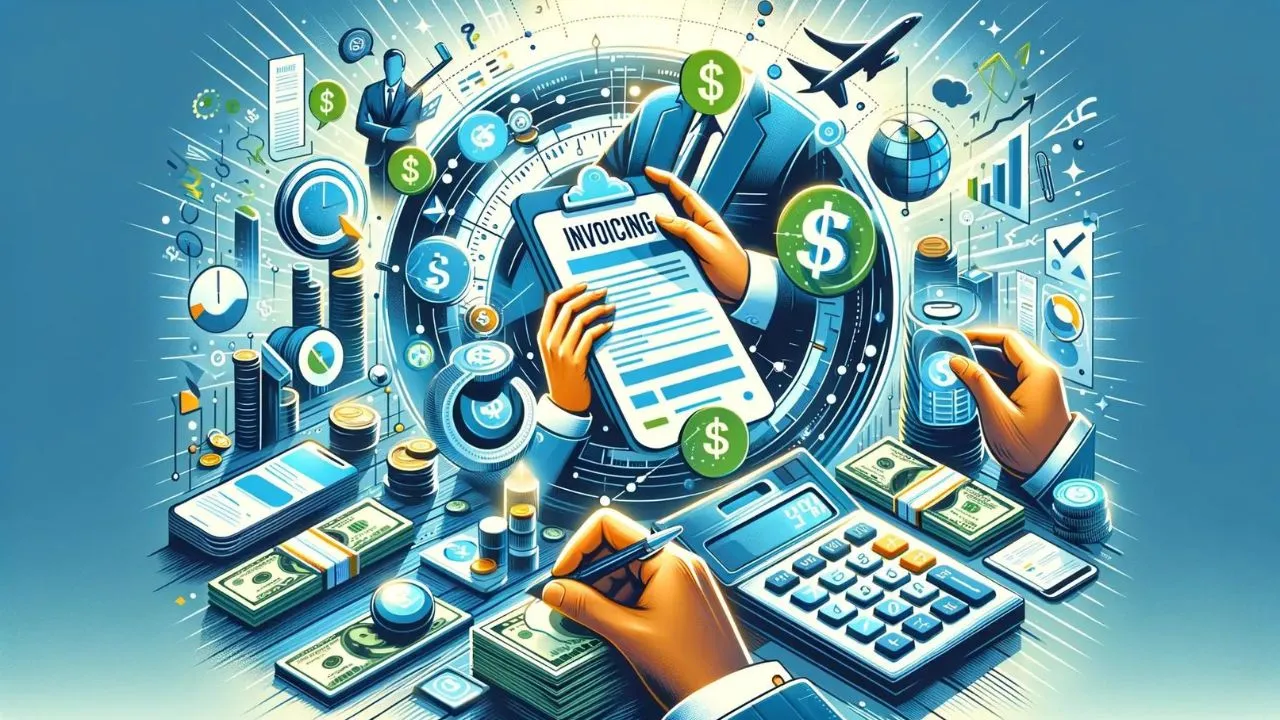In the world of business, an invoice is not just a (digital) piece of paper; it's a critical tool for managing finances, ensuring timely payments, and maintaining a professional relationship with clients.
Understanding what an invoice is and how it functions within the business ecosystem is fundamental for entrepreneurs, freelancers, and companies of all sizes.
The Essence of Invoicing
An invoice, in essence, is a request for payment. It itemizes the transactions between a buyer and a seller, detailing the goods or services provided, their quantities, and the agreed-upon prices.
Invoices serve multiple purposes: they prompt payment, help manage accounts receivable, and act as a legal document that can be used in disputes.
Moreover, they are crucial for bookkeeping and tax purposes since they provide a paper trail for business income and expenses.
Key Components of an Invoice
There are several key components to a well-structured invoice. These include:
- Date of issue: the date when the invoice was issued.
- Invoice number: a unique identifier for tracking and reference.
- Seller's information: details about the seller, including the name, address, and contact information.
- Buyer's information: details about the buyer, similar to the seller's information.
- Details of goods/Services: a detailed list of the products or services provided, including quantities, prices and taxes (if any).
- Subtotal and total: the total amount before and after taxes, discounts, and any additional charges.
- Payment terms: instructions and deadlines for payment, including accepted payment methods.
- Notes: any additional information the seller wants the buyer to know.
Types of Invoices
Depending on the nature of the transaction and the business, there are several types of invoices that might be used:
- Standard invoice: a general invoice used for billing across many industries.
- Proforma invoice: an estimate given before the delivery of goods or services.
- Credit invoice: issued in the case of a refund or credit to the buyer's account.
- Debit invoice: indicates an increase in the amount owed, oftentimes because of an undercharge.
- Recurring invoice: used for ongoing services at regular intervals.
Why Invoicing is Important
It's important to handle invoicing the right way: they are a testament to the professionalism of a business and communicate trust and reliability between trading parties.
Accurate and timely invoicing will also reflect well on a business' brand and, of course, positively affect cash flow and financial health.
Conclusion
An invoice is a fundamental document in business transactions. It encapsulates the details of a sale or service provided and helps with financial management, legal compliance, and maintaining healthy busienss relationships.
Understanding its importance and components is crucial for anyone involved in business operations. As we move towards an increasingly digital world, the role of electronic invoicing and automated billing systems will continue to grow, further streamlining the invoicing process and enhancing efficiency.


